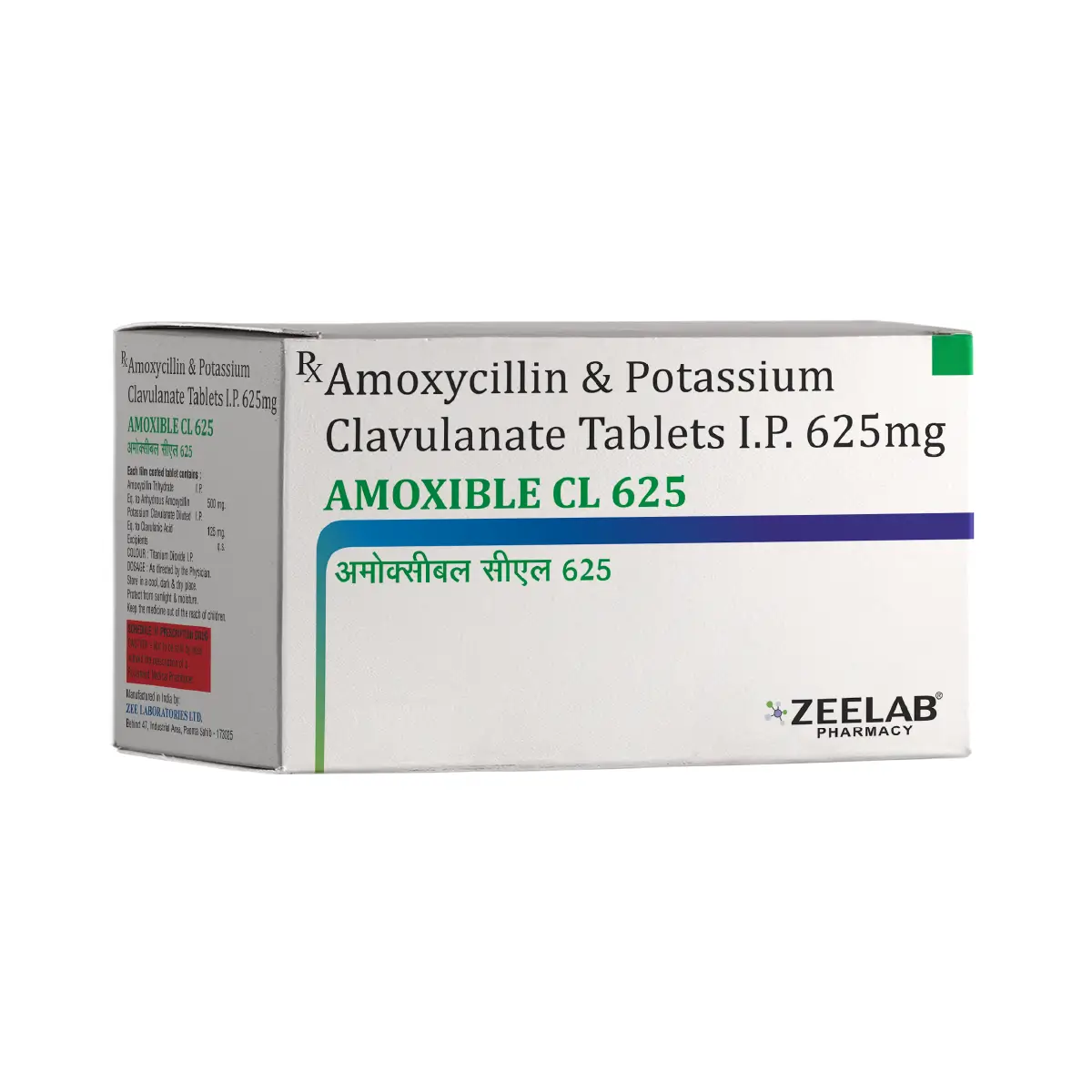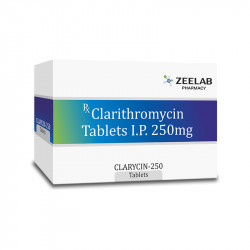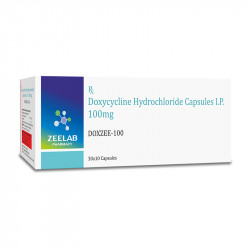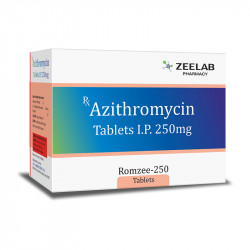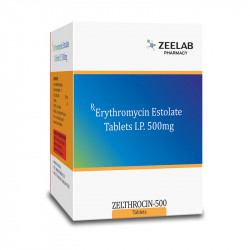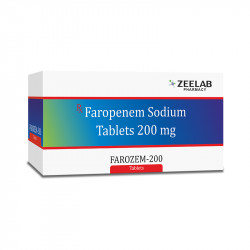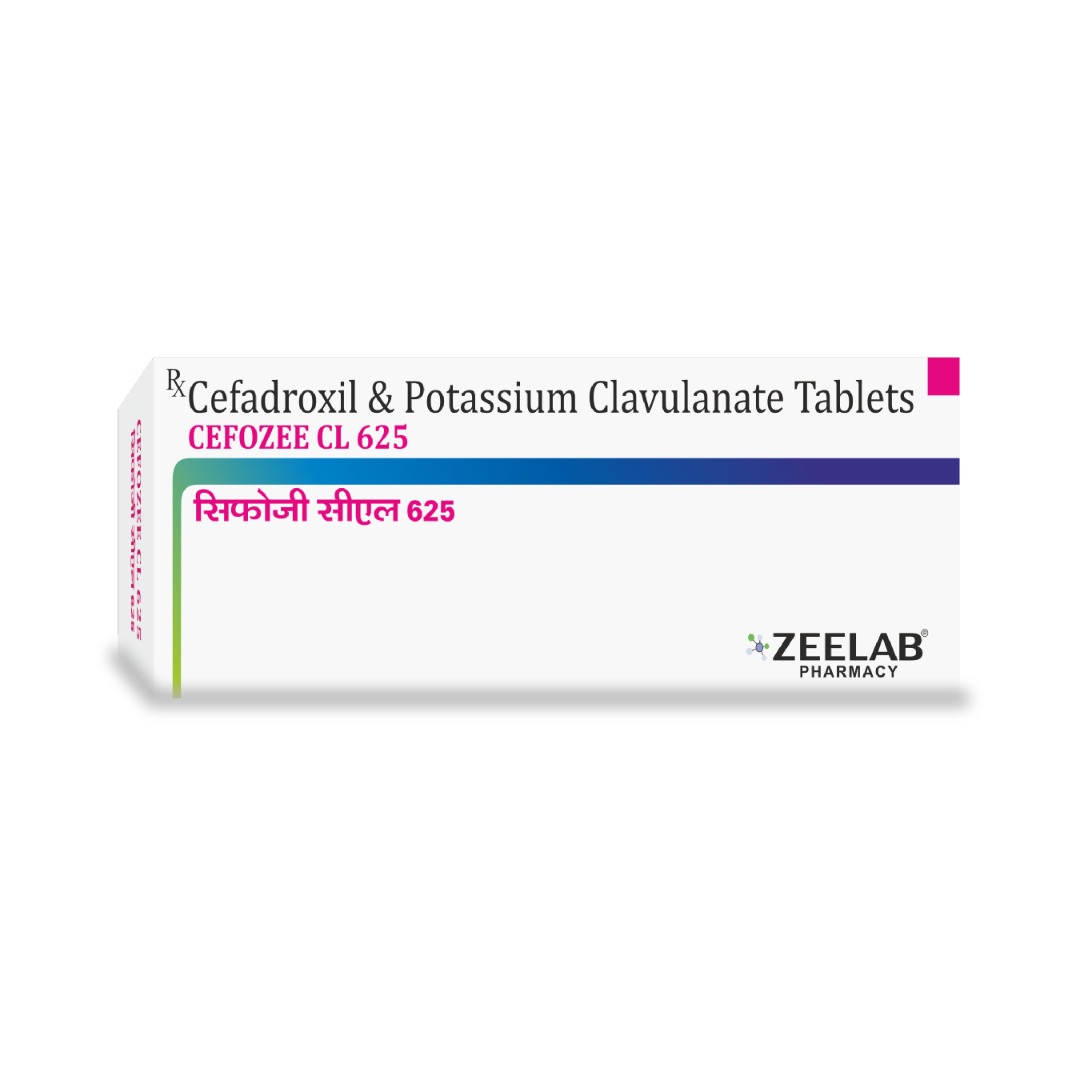Best Antibiotic For Sinus Infection
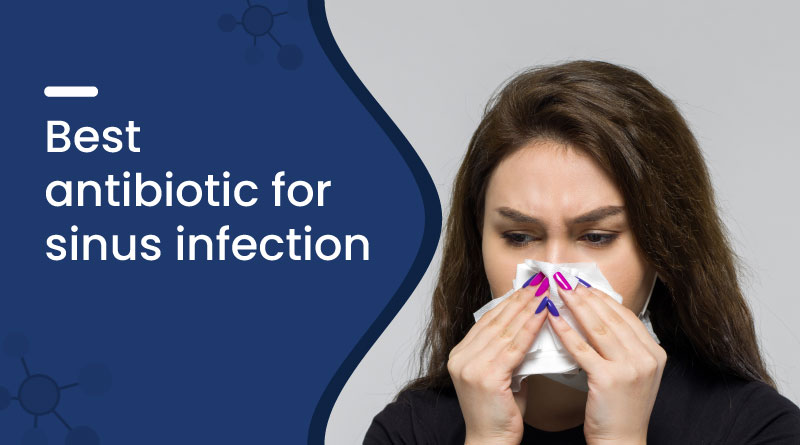

A sinus infection, or sinusitis, is when the air-filled spaces in your face (sinuses) get inflamed, usually from a cold or allergies. This traps fluid, letting bacteria or viruses grow, causing pressure, pain, and thick discharge. The best antibiotics kill these germs, easing symptoms and preventing serious spread. They're generally safe when used correctly under a doctor's guidance.
How does a sinus infection develop?
Colds or allergies cause swelling, blocking the sinus passages. The mucus gets trapped, becoming a perfect breeding ground for germs like bacteria or viruses. This leads to infection, causing pain and pressure.
Benefits of antibiotics for sinus infection:
- Clears Congestion & Pressure: Antibiotics fight bacteria causing inflammation, helping drain trapped mucus. This eases uncomfortable sinus pressure and clears blocked nasal passages, letting you breathe easier.
- Reduces Pain & Swelling: By killing the infection-causing germs, these medicines lessen the swelling inside your sinuses. This directly reduces the headache and facial pain often associated with a severe sinus infection.
- Prevents Infection Spread: Untreated sinus infections can spread to the eyes, ears, or even the brain. Antibiotics stop the bacteria from moving to other body parts, preventing more serious health problems.
- Shortens Illness Duration: When a sinus infection is bacterial, antibiotics can significantly shorten how long you feel sick. They help you recover faster than waiting for your body to fight it alone if it's even able to.
How these antibiotics work in sinus infections
Antibiotics help by fighting the bad bacteria in your sinuses. They either kill the bacteria or stop them from growing, so your body can heal faster and feel better. This reduces inflammation and allows the blocked mucus to drain, easing your pain and pressure.
How to Use?
Take the medicine exactly as prescribed. Take medicine with food to avoid gastric side effects. Finish all medicine, even if you feel fine.
What are the antibiotics for sinus infections?
| Product Name | Benefits |
|---|---|
| Amoxible CL 625 Antibiotic Tablet | Combines Amoxicillin with Clavulanic Acid; highly effective for acute bacterial sinusitis caused by resistant strains. |
| Zelthrocin 500 Antibiotic Tablet | Contains Azithromycin; useful for patients allergic to penicillin and treats upper respiratory infections including sinusitis. |
| Zithrozem 250 Antibiotic Tablet | Azithromycin-based tablet that targets sinus infections by stopping bacterial growth and easing inflammation. |
| Clarycin 250 Antibiotic Tablet | Clarithromycin antibiotic used in bacterial sinus infections, especially effective for patients with penicillin allergy. |
| Doxzee 100 Antibiotic Capsule | Contains Doxycycline; helpful in chronic sinusitis and resistant infections due to its broad-spectrum antibacterial action. |
| Farozem 200 Antibiotic Tablet | Contains Faropenem; a strong antibiotic option for sinus infections that don’t respond to common treatments. |
| Cefozee CL 625 Antibiotic Tablet | Combination of Cefuroxime and Clavulanic Acid, effective against bacterial sinusitis and upper respiratory tract infections. |
You can order the medicine online.
How to select the antibiotic for a sinus infection?
- Doctor's Diagnosis: A doctor confirms if it's bacterial, as antibiotics don't work on viruses.
- Identify Specific Bacteria: Different drugs fight specific germs, ensuring effective treatment.
- Patient's Allergy History: Crucial to prevent dangerous reactions; inform your doctor.
- Infection Severity: Guides choice; severe cases need stronger, more targeted antibiotics.
- Previous Antibiotic Use: Helps doctors pick a new drug to prevent antibiotic resistance.
When do I get relief from a sinus infection?
Generally, it will take 3 days to show symptomatic improvement, and there can be relief in 7–10 days from a sinus infection, depending on your body type and the underlying condition being treated.
Can we treat sinus infections at home?
Yes, you can treat a sinus infection at home, but it will not cure the infection. It can only give some relief from symptoms. Home methods for treating a sinus infection are as follows:
- Rest and Hydration: Drink lots of fluids; rest helps your body heal.
- Steam Inhalation: Breathe warm, moist air; it loosens mucus.
- Nasal Rinses: Use saline solution; flush out irritants and mucus.
- Warm Compresses: Apply to face; eases pain and pressure.
- Over-the-Counter Meds: Pain relievers and decongestants help symptoms.
- Elevate Head: Sleep with extra pillows; helps drainage.
When to seek medical advice?
- Symptoms worsen or don't improve
- High fever develops quickly
- Severe headache or facial pain
- Vision changes or eye swelling
- Confusion or stiff neck appears
- Symptoms last over 10 days
- Multiple sinus infections annually
- New or unusual symptoms emerge
Safety Tips:
- Only use if prescribed by a doctor
- Finish all medication, do not stop early
- Report side effects immediately to the doctor
- Do not share antibiotics with anyone
- Check the expiry date before taking any dose
- Avoid alcohol with specific antibiotics, ask
- Store medicine correctly as per instructions
- Inform the doctor of all allergies
- Take as directed, with or without food
- Keep out of children's reach
Conclusion:
Sinus infections can worsen without proper care. Timely treatment, especially with the right antibiotics, helps recovery. Prevention through hygiene and allergy control is vital. Awareness of symptoms and early signs ensures better outcomes. Always use prescribed medicines only. Stay informed, act early, and consult a doctor when needed to avoid complications and enjoy lasting sinus relief.
Frequently Asked Questions (FAQs):
Q: What is the difference between a viral and bacterial sinus infection?
A: Viral infections improve on their own. Bacterial ones often worsen and may need antibiotic treatment.
Q: When are antibiotics actually needed for a sinus infection?
A: Antibiotics are needed only if symptoms last over 10 days or suddenly get much worse.
Q: What is considered the "first-choice" antibiotic for a bacterial sinus infection?
A: Amoxicillin is usually the first-choice antibiotic for treating mild to moderate bacterial sinus infections effectively.
Q: What are alternative antibiotics for people with penicillin allergies?
A: Doxycycline or azithromycin are good antibiotic options if you're allergic to penicillin-based drugs.
Q: How long should I take antibiotics for a sinus infection?
A: Most people take antibiotics for 5 to 7 days, as advised by their healthcare provider.
Q: What are the potential side effects of antibiotics for sinus infections?
A: Side effects may include diarrhea, nausea, rash, or yeast infections due to gut bacteria imbalance.
Q: Can a sinus infection go away on its own without antibiotics?
A: Yes, viral sinus infections usually clear up naturally within 7–10 days with home care.
Q: What are the risks of taking antibiotics unnecessarily for a sinus infection?
A: Unnecessary antibiotics can cause side effects, resistance, and harm your body’s helpful gut bacteria.
Q: When should I see a doctor for a sinus infection?
A: See a doctor if symptoms last over 10 days, get worse, or include strong facial pain.
Amoxycillin (500mg) + Clavulanic Acid (125mg)
10 Tablets In 1 Strip
Cefadroxil (500mg) + Clavulanic Acid (125mg)
10 Tablets in 1 strip
Recent Blogs
Disclaimer : Zeelab Pharmacy provides health information for knowledge only. Do not self-medicate. Always consult a qualified doctor before starting, stopping, or changing any medicine or treatment.
Related Products
Need Medicines Quick?
Share location to check quick delivery serviceability.
Change Location
Location Access Needed
Your location appears to be blocked or disabled.
Please enable the location from your browser or
device settings.

₹ 0
0
Items added
Quick Links
Categories
Our Policies
2026 Copyright By © Zeelab Pharmacy Private Limited. All Rights Reserved
Our Payment Partners

 Added!
Added!
|
|

